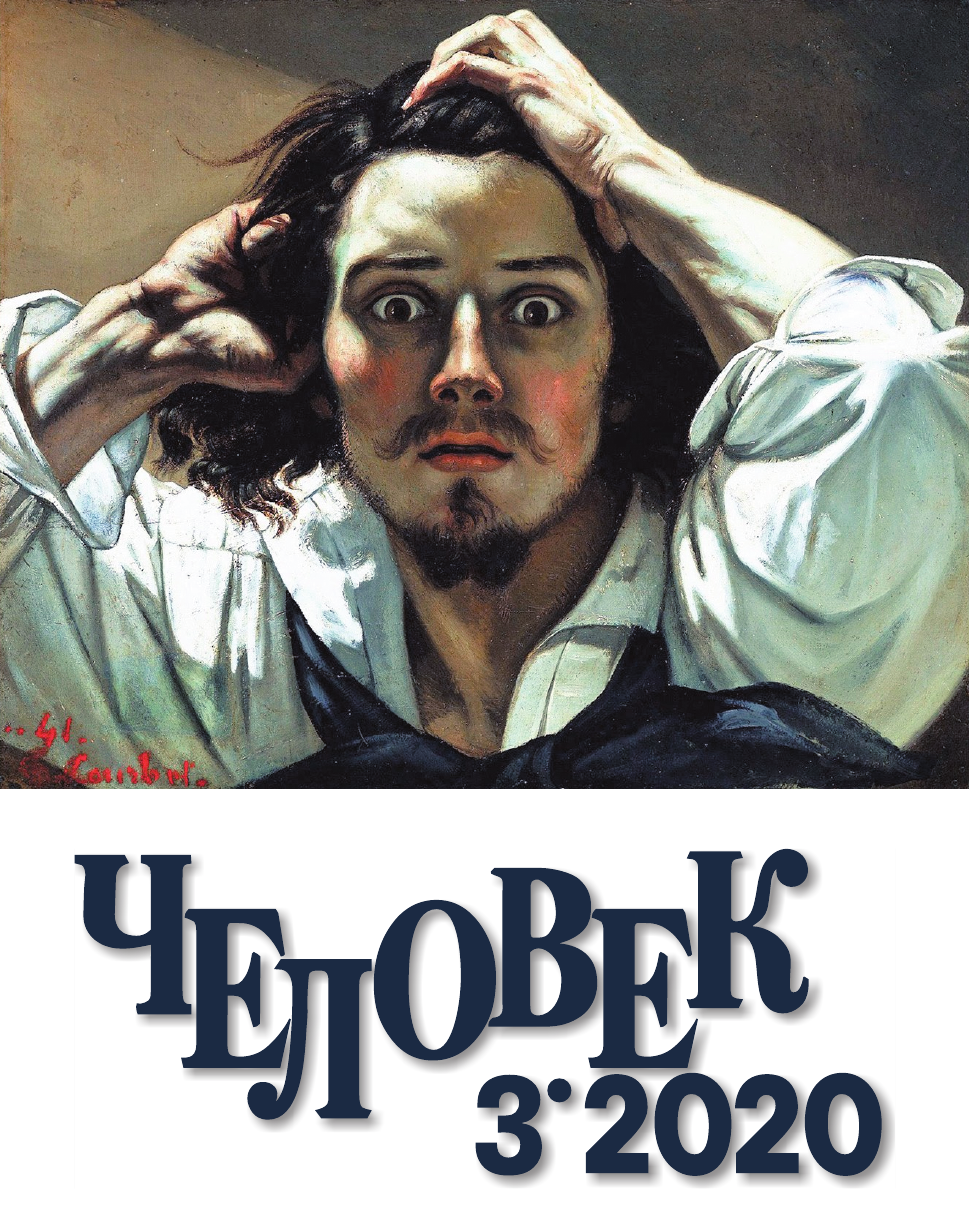Феномен пандемии сквозь призму метафизического, антропологического и социального измерений
Ключевые слова:
пандемия, вирус, дикая природа, живое и неживое, человек, Я и Другой, свое и чужое, насилие, символическая иммунология, культурная вирусологияАннотация
В статье представлены различные точки зрения на понимание феномена пандемии, возникновение которой повлекло за собой как изменение привычных представлений, так и трансформацию ряда концептуальных допущений, а также актуализацию новых тематических линий в философской антропологии. Авторов объединяет убеждение в том, что пандемия мобилизует символические, экзистенциальные и биологические иммунные системы человека. Используются различные концепты, которые находили порой неожиданное выражение в базисных метафорах культуры и отсылали к пониманию жизни в биологии, психологии и культурологии. Размышление о пандемии выявило новые акценты соотношения простого и сложного, близкого и далекого, индивидуального и социального, естественного и культурного, ожидаемого и неожиданного, своего и чужого, данного и другого. В такой перспективе появилась возможность нового отношения к ряду традиционных философских рубрик, включая темы «разумности», индивидуальности» и «социальности». Авторы исходят из того, что такие понятия, как живое и неживое, человек и животное, с одной стороны, являются позициональными, то есть обусловленными объективными, естественными законами и фактами, а с другой — нагружены символическим содержанием, которое в свою очередь оказывается достаточно разнородным и включает кроме теорий ценностные установки, традиции нормы культуры. Отсюда программу авторов можно назвать когнитивной культурологией, или антропологией. В результате аналитика биологического, социально-исторического и культурно-символического контекстов дискуссий о природе COVID-19 позволила разграничить и затем привлечь различные дискурсы. Для общественных наук наиболее актуальной представляется предложенная в статье концепция символической иммунологии, в которой аккуратно используются понятия вирусологии применительно к культурным взаимодействиям. Культуры, как и организмы, не являются замкнутыми, они взаимодействуют со средой, им необходимы инъекции другого и даже чужого, которые способствуют не разрушению, а укреплению «здоровья» культур.






